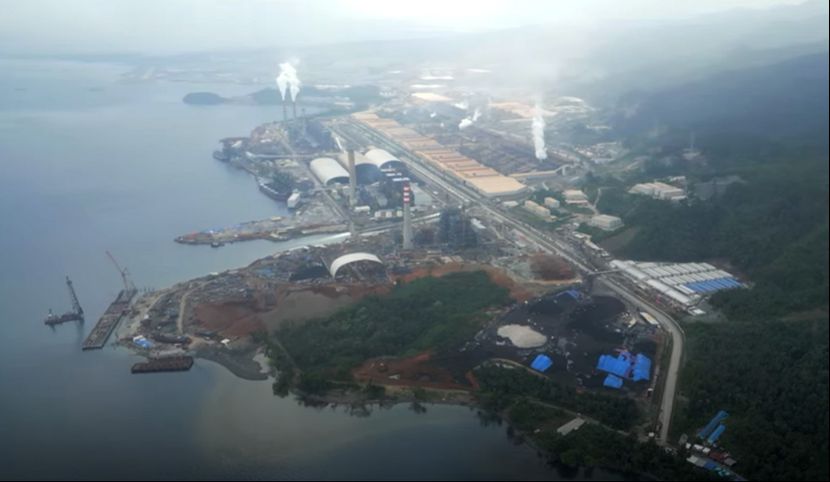Indonesia to ban exports of copper and tin raw materials from next year

In order to strengthen the downstream industry, the Ministry of Industry (Kemenperin) continues to enhance downstream optimization to improve the competitiveness of the country's copper and tin industry.In addition, the copper and tin sectors play an important role in supporting downstream industries such as automotive, electronics, electrical equipment and renewable energy. For this reason, from January 1, 2025, the export of copper concentrates and anode slimes will be officially banned. The decision is to continue to encourage further downstream industry development, said the director general of the Ministry of Industry's Metal, Machinery, Transportation Equipment and Electronics Industry (ILMATE). Meanwhile, on the other hand, tin is still widely exported in the form of raw metal. The downstream industry must become the main focus for the production of high value-added products, such as copper cathodes, tin-plated sheets and other downstream products, which will also strengthen Indonesia's position as a major player in the international market.
In addition, Indonesia has significant copper reserves of about 28 million tons, making Indonesia the seventh largest copper reserve in the world. Indonesia is also the world's second largest producer of tin, accounting for 14% of total global production.To support the plan to optimize the copper-tin industry, the Ministry of Industry will establish the Copper-Tin Material Center. The Raw Material Center is expected to be the center of innovation and coordinated distribution of raw materials for the domestic copper and tin industry. The material center will support the development of downstream industries, reduce dependence on imported raw materials, and enhance supply chain efficiency, thereby encouraging growth in exports of higher value-added products.

